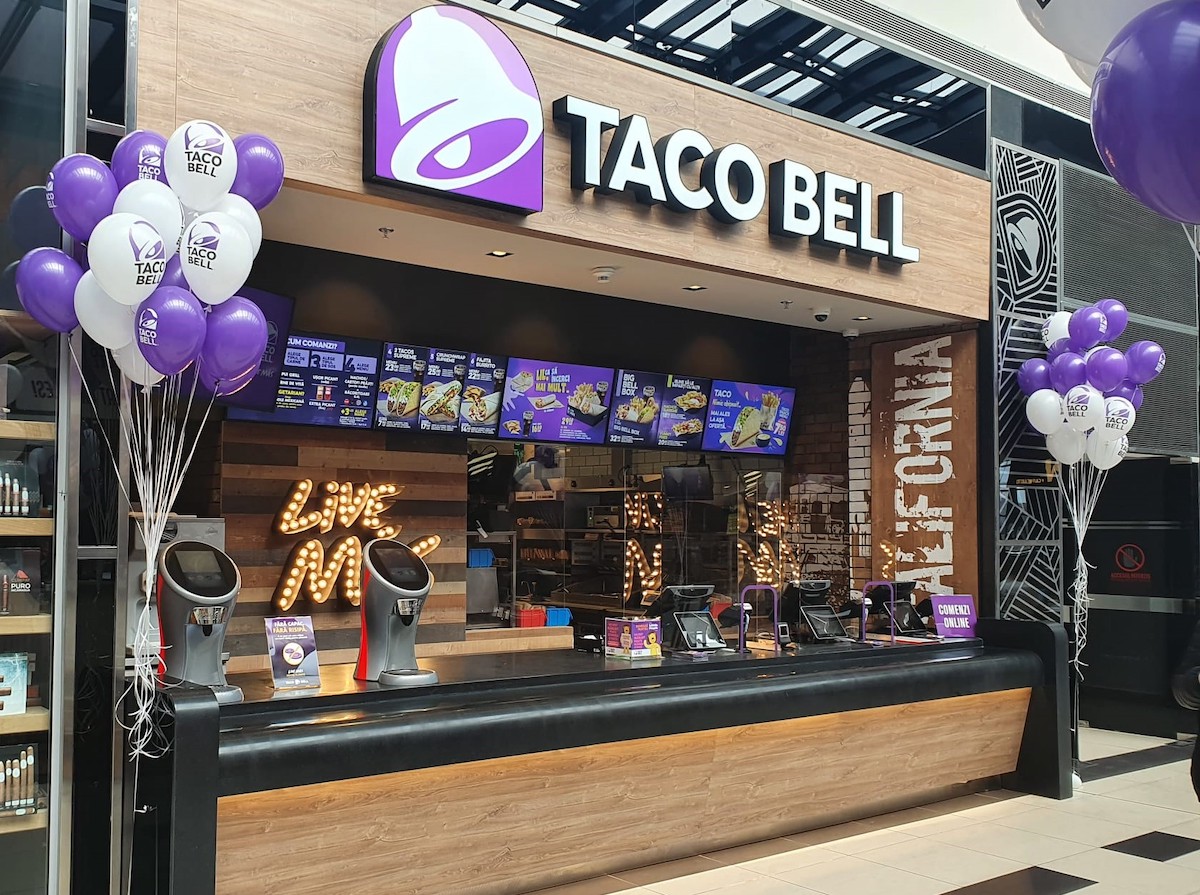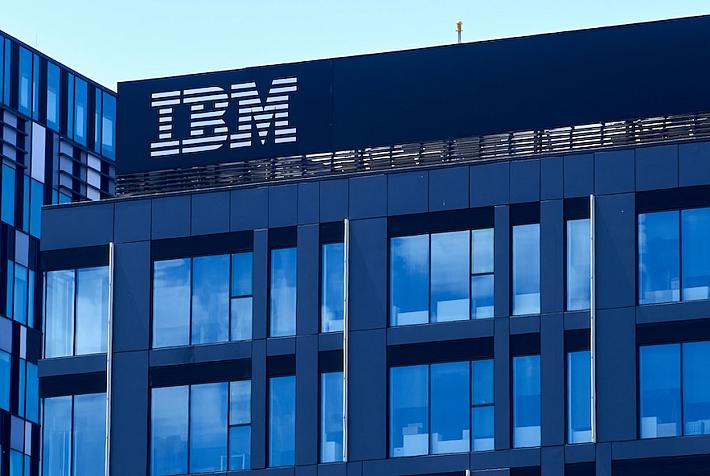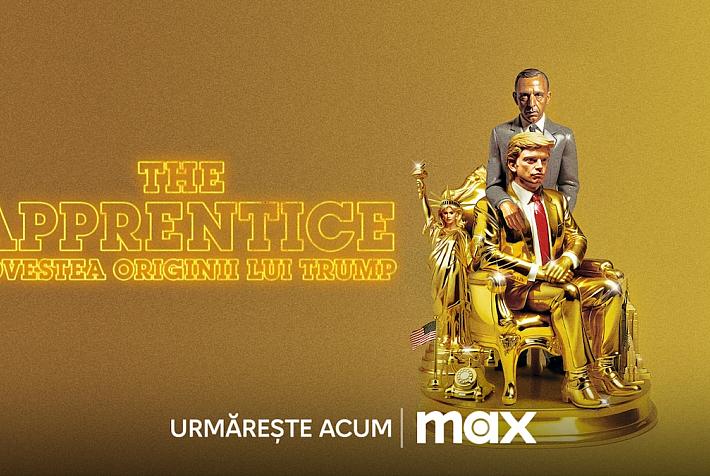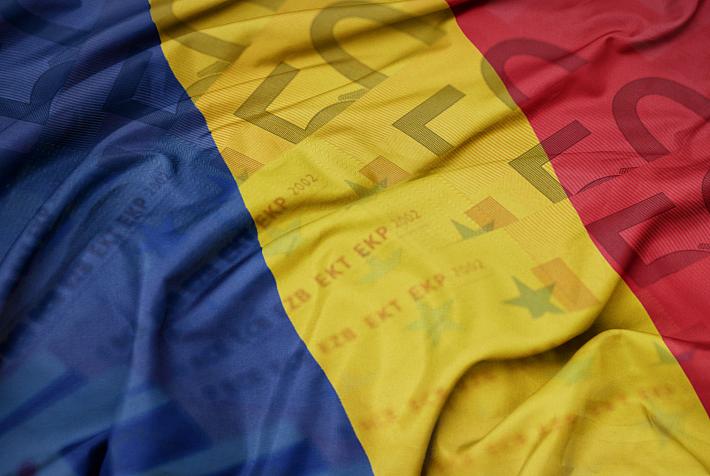Costică Mișaca, GM Taco Bell: We see further growth potential in urban areas in Romania where there is interest in Mexican cuisine

Taco Bell, the youngest brand in the portfolio of Romanian restaurant operator Sphera Franchise Group (BVB: SFG), has reached a network of 15 restaurants in key cities in Romania in the seven years since its launch in the local market. Costică Mișaca, General Manager of Taco Bell Romania, sees further potential for expansion as Romanians are increasingly interested in exploring more exotic flavors.
Sphera Franchise Group opened the first Taco Bell restaurant in Romania in 2017, in Bucharest, and then expanded to other big cities such as Cluj-Napoca, Timisoara, Iasi and Constanta. With 15 local restaurants, Taco Bell generated 6.6% of the group’s sales in Romania and registered net profit in the first half of 2024.
“For the second half of this year, we anticipate this positive trend to continue, supported by the results from the first semester, which give us confidence, along with historically higher quarter-to-quarter growth, with the strongest performances typically in the last one,” says Costică Mișaca, General Manager of Taco Bell Romania.
In terms of strategy, Taco Bell aims to increase its footprint in Romania by opening restaurants in more urban areas, including its first Drive Thru unit, as the brand is looking to capitalize on the diversification of Romanians' culinary preferences and the impact of social media. “Social platforms have become an essential vector in promoting new gastronomic trends, amplifying brand visibility, and stimulating public curiosity for exotic flavors,” explains Costică Mișaca. “In this dynamic context, Taco Bell has played a key role, in pioneering the Mexican-inspired food category in Romania.”
Read the full interview below to learn more about:
- Taco Bell’s financial results in Romania
- The brand’s expansion strategy
- Taco Bell’s most ordered dishes in Romania
- Trends in the local QSR market
Taco Bell is the youngest brand in Sphera Franchise Group’s portfolio, with the first restaurant in Romania launched in 2017. Please tell us how this brand has developed in recent years and its current contribution to the group’s turnover.
Costică Mișaca: Taco Bell has experienced remarkable growth since its debut in Romania. We opened restaurants even during the pandemic and, currently, our network includes 15 units in key cities such as Bucharest, Cluj-Napoca, Timișoara, Iași, and Constanța. This expansion has been supported by improved financial performance year after year and a strong focus on innovation. For instance, in March 2022, we launched the mobile app and the Taco Loyalty program, and, by 2023, it already accounted for over 7.2% of our transactions.
From a financial perspective, Taco Bell reached positive EBITDA in 2019, its third year of operation, despite facing pandemic challenges during its critical development years.
How did Taco Bell’s sales and profitability evolve in the first half of this year, and what do you expect for the second half of the year?
Costică Mișaca: It’s the first time we have had a profitable H1, with a net profit of a bit over RON 0.5 million, after breaking even in the second part of 2023. The focus on profitability took place on the back of a single digit increase in sales volume, of 4%, to RON 42.2 million. This accounts for a comfortable EBITDA margin of 7.8%.
For the second half of this year, we anticipate this positive trend to continue, supported by the results from the first semester which give us confidence, along with historically higher quarter-to-quarter growth, with the strongest performances typically in the last one. Innovation remains central to our strategy, aimed at attracting both loyal and new customers.
Digitalization continues to be a priority, and we will focus on developing the Taco Bell Rewards loyalty program and growing the mobile app user base. Overall, we are optimistic that the second half of the year will bring continued growth, based on the solid foundation we've built and the strategy we are implementing.

What are your plans for Taco Bell’s expansion in Romania? Do you also plan to roll out drive-thru restaurants?
Costică Mișaca: Our plans for Taco Bell are closely aligned with Sphera Group’s overall strategy of moderate expansion. Although we are already present in 10 major cities, we see further growth potential in urban areas where there is interest in Mexican cuisine, both in Bucharest and other cities across Romania. At the moment, we are under preparation and will open a new unit in the months to come.
Additionally, we consider drive-thru formats a priority, recognizing the impact of this model in the Group’s strategy. So, we are actively exploring the possibility of opening the first Taco Bell drive-thru in the near future.
How much of Taco Bell’s sales are done through online channels (home delivery), and how does this compare with the other brands in your portfolio?
Costică Mișaca: A substantial percentage of our transactions still occur in restaurants, but, recently, home delivery platforms have seen steady growth, and, as a result, our sales in this segment have increased significantly, reaching approximately 25% of total sales.
Which are the most ordered items on Taco Bell’s menu in Romania (most popular items in terms of sales)?
Costică Mișaca: Romanians are increasingly open to experimenting products characteristic to Mexican cuisine, and the most popular item is, not surprisingly Taco. Crunchwrap Supreme and Cheesy Bacon Fries Burrito complete the Top 3. Another undisputed favorite is the Nacho Cheese sauce, which most customers choose to add to their orders.
Where do you source the ingredients for Taco Bell’s dishes? Do you face challenges in finding some ingredients locally?
Costică Mișaca: Taco Bell’s specific products are designed to offer an authentic experience anywhere in the world, so they cannot be developed locally, as they adhere to unique brand standards and recipes. Most of the ingredients required for Taco Bell dishes are sourced at the European level, except for fresh raw materials such as salads, beverages, and some sauces, which come from local suppliers.
In this context, most countries rely on the same sources, working with specialized suppliers who have been guided and supported by Taco Bell to ensure the quality of their ingredients. This approach allows us to maintain the brand’s quality standards, but we are open to exploring local options as ingredient demands and availability evolve.
How has the quick-serve restaurant market in Romania changed in recent years? Are local consumers more open to trying more exotic food? How has this played out for Taco Bell?
Costică Mișaca: In recent years, Romania’s QSR market has experienced significant growth, driven by two main factors: the diversification of Romanians' culinary preferences and the impact of social media. Social platforms have become an essential vector in promoting new gastronomic trends, amplifying brand visibility, and stimulating public curiosity for exotic flavors. The market's evolution is further reflected in the emergence of new competitors, confirming Romanian consumers' growing appetite for culinary experiences beyond traditional boundaries.
In this dynamic context, Taco Bell has played a key role, in pioneering the Mexican-inspired food category in Romania. Through continuous innovation and adaptation to local preferences, the brand has successfully differentiated itself and attracted an increasingly wide audience.
---
*This interview was edited by Romania Insider for Sphera Franchise Group.












